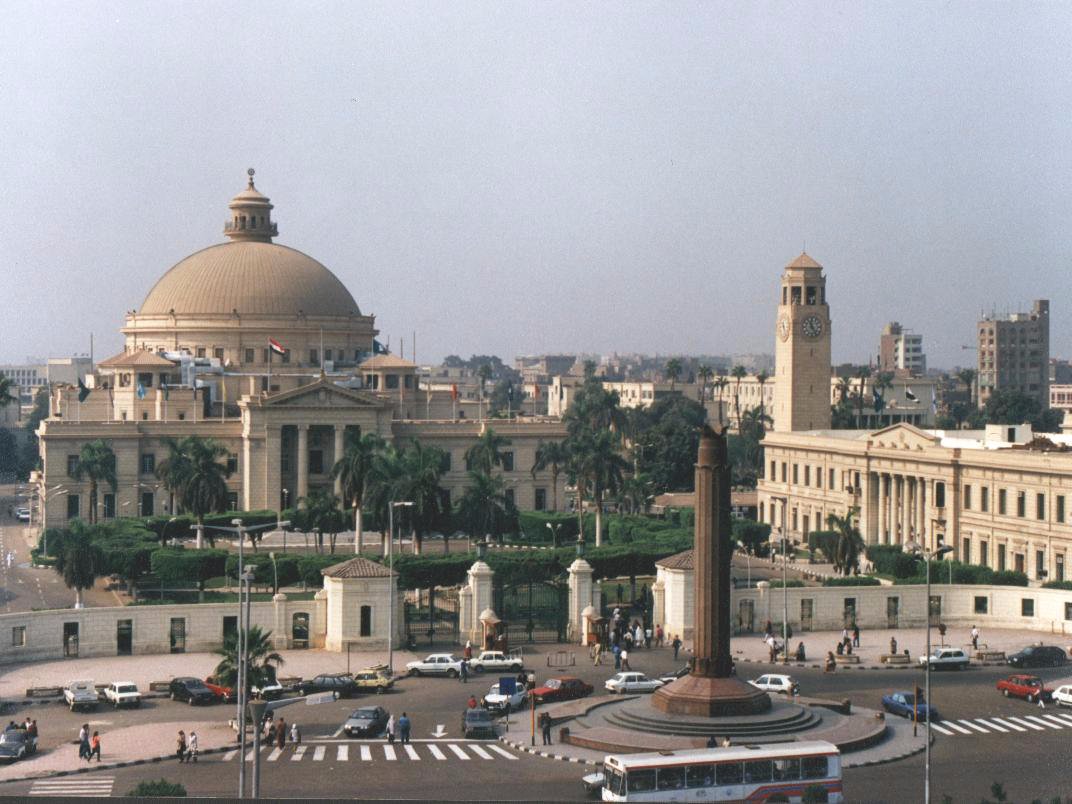
Egyptian billionaire Naguib Sawiris criticized the delay in implementing the long-awaited devaluation of the Egyptian pound, proposing that authorities match the rising price in the black market to address the country’s chronic shortage of foreign currency.
In a post on the social media platform “X,” (formerly Twitter) Sawiris said that delaying reforms is a “disaster” that will deteriorate the nation’s currently critical situation.
The Egyptian currency has fallen to 68-70 pounds to the dollar recently, making it over 50 percent weaker than the official exchange rate of around 30.9.
Sawiris said the right course of action is to tackle the root issue of the skyrocketed price of the dollar in the black market.
If the official exchange rate of the dollar becomes equivalent to its price in the parallel market, everyone will agree to sell dollars through official channels, he stated.
Sawiris, who is ranked the seventh richest person in Africa on the Bloomberg Billionaires Index, pointed out that Egypt needs more than just gradual adjustments to defuse the crisis.
Any attempt to solve the issue of the dual exchange rate through offering the dollar at a lower price than the black market will not succeed, he said.
Ongoing devaluation
The exchange rate of the Egyptian pound is likely to decline by about 30 percent during the first quarter of 2024 to 40 Egyptian pounds to the dollar, in parallel with a slowdown in the pace of inflation from 34 percent in 2023 to 27 percent in 2024, according to the BMI research institution affiliated with Fitch Solutions.
The research institution stated, in a report issued at the end of November, that the exchange rate of the Egyptian currency will remain within the range of 31 pounds to the dollar at the beginning of 2024 and will subsequently decrease to between 40-45 Egyptian pounds by the end of the first quarter, according to the Asharq Business website.
Egypt’s domestic debt increased by eight percent in the first quarter of 2023 to reach LE6.86 trillion ($222.18 billion), compared to LE 6.352 trillion in the last quarter of 2022, according to data from the Ministry of Planning and Economic Development back in September.
Based on the data, Egyptian external debt also rose to US$165.361 billion by the end of the first quarter of 2023, an increase of 1.5 percent compared to the last quarter of 2022, when it recorded $162.928 billion.
The International Monetary Fund (IMF) lowered its growth expectations for the Egyptian economy during 2024, while maintaining its expectations for the global economy’s growth rates.
The World Economic Outlook report issued earlier in January stated that expectations for the growth of the Egyptian economy in the current fiscal year were reduced to three percent, compared to the 3.6 percent expectations of the report issued in October.
The IMF also reduced growth expectations for the year 2025 to 4.7 percent, compared to five percent previously.




